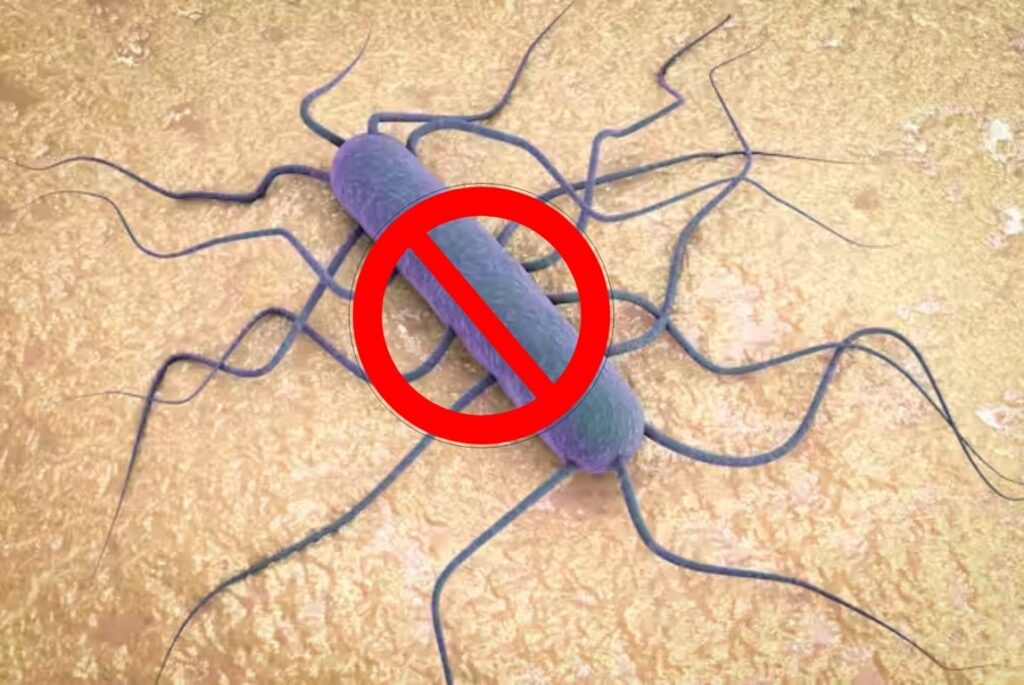Listeria, a serious infection caused by Listeria monocytogenes, has experienced a significant outbreak in 2024, predominantly linked to contaminated dairy products such as queso fresco and cotija cheese. This outbreak has resulted in numerous hospitalizations and fatalities, highlighting the critical importance of food safety and public awareness. This blog explores the details of the Listeria outbreak, examining its health implications and outlining preventive measures to mitigate the risk of infection. Understanding these aspects is crucial for protecting public health and ensuring the safe consumption of food products.
The Listeria Outbreak of 2024: Health Implications and Prevention Measures
What is Listeria?
Listeriosis is an infection primarily caused by ingesting food contaminated with Listeria monocytogenes. This bacterium poses significant risks, especially to pregnant women, newborns, older adults, and individuals with compromised immune systems. The infection’s symptoms can vary widely, ranging from mild, flu-like manifestations, such as fever and muscle aches, to severe, life-threatening complications, including meningitis and septicemia. Pregnant women face additional dangers, as the infection can lead to miscarriages, stillbirths, and severe infections in newborns. Timely diagnosis and treatment are crucial due to the potential severity of the illness, emphasizing the importance of food safety and awareness.
The 2024 Listeria Outbreak
In early 2024, the CDC and FDA identified a multistate outbreak of Listeria infections linked to queso fresco and cotija cheese produced by Rizo-López Foods, Inc. This outbreak has impacted several states, resulting in 26 confirmed illnesses, 23 hospitalizations, and 2 deaths by April 2024. The contaminated products were distributed nationwide, significantly raising the risk of exposure.

Subsequent recalls were issued for a range of food items containing these cheeses, including dips, salad kits, and ready-to-eat meals available at major retailers such as Walmart, Costco, and Trader Joe’s. The extensive distribution and widespread consumption of these products underscore the outbreak’s scale and severity, emphasizing the critical need for stringent food safety measures and public awareness to prevent further cases
Health Implications
Listeriosis primarily affects vulnerable populations, causing severe health issues:
- Pregnant Women: Infection can lead to miscarriages, stillbirths, premature delivery, or life-threatening infections in newborns.
- Older Adults and Immunocompromised Individuals: These groups are at a higher risk for severe infections, which can result in meningitis, septicemia, and other life-threatening conditions.
- General Population: Healthy individuals can also be affected, experiencing symptoms like fever, muscle aches, and gastrointestinal issues.
Outbreak Investigations and Response
In response to the Listeria outbreak, the FDA and CDC, alongside state and local health departments, launched comprehensive traceback investigations to pinpoint the source of contamination. This multi-faceted approach involved extensive sampling and rigorous on-site inspections of the implicated production facilities. A critical tool in these efforts was whole genome sequencing (WGS), which allowed investigators to precisely match Listeria strains found in infected individuals with those detected in contaminated food products. This genetic matching provided vital evidence, enabling authorities to trace the contamination back to specific sources, thereby helping to manage the outbreak effectively and prevent further cases. Through these coordinated efforts, the agencies aimed to ensure food safety and protect public health.
Prevention and Safety Measures
Preventing Listeriosis involves several key practices:

- Food Handling and Storage: Ensure proper refrigeration and handling of foods, particularly those at high risk of contamination like dairy products, deli meats, and ready-to-eat meals.
- Consumer Awareness: Stay informed about food recalls and safety alerts from reliable sources like the FDA and CDC. Avoid consuming products listed in recalls.
- Hygiene Practices: Regularly wash hands, utensils, and food preparation surfaces. This reduces the risk of cross-contamination.
- Cooking and Preparation: Cook foods to safe temperatures and follow guidelines for food preparation, especially when dealing with potentially contaminated products.
The Role of Regulatory Agencies
The CDC and FDA play critical roles in managing foodborne illness outbreaks. Their responsibilities include:
- Monitoring and Surveillance: Tracking and identifying outbreaks through reports of illness and routine food testing.
- Public Communication: Issuing recalls and public health alerts to inform consumers and prevent further cases.
- Regulatory Actions: Enforcing safety standards and conducting inspections to ensure compliance with food safety regulations.

Conclusion
The 2024 Listeria outbreak underscores the critical importance of stringent food safety measures and the necessity for careful handling and consumption of food products. Recognizing the risks associated with Listeriosis and adhering to preventive guidelines can drastically lower the incidence of such infections. This means staying vigilant about food recalls and safety alerts issued by reliable sources like the CDC and FDA, and practicing proper hygiene in food preparation, including washing hands, utensils, and surfaces regularly. Additionally, ensuring foods are cooked to safe temperatures and stored appropriately can prevent contamination. By being informed and proactive, individuals can protect themselves and their loved ones from this severe health threat, thus promoting overall public health and safety. This awareness and diligence are crucial in mitigating the risks posed by foodborne pathogens such as Listeria.
Also read: Zika Virus: Effective Strategies for its Prevention
